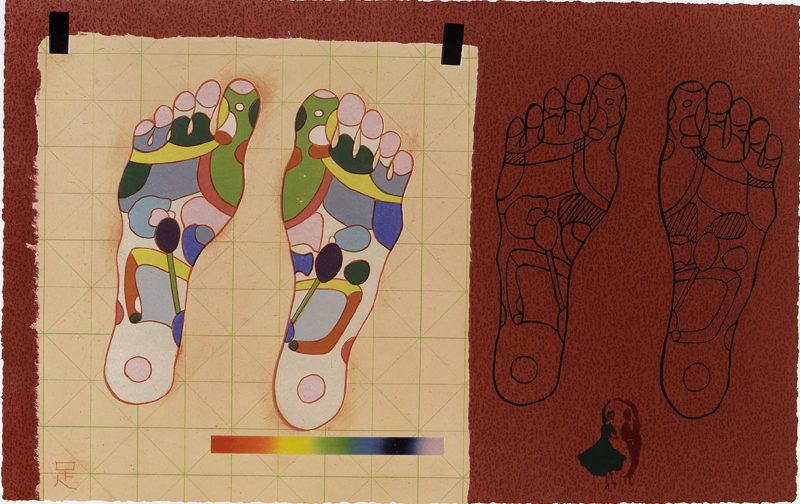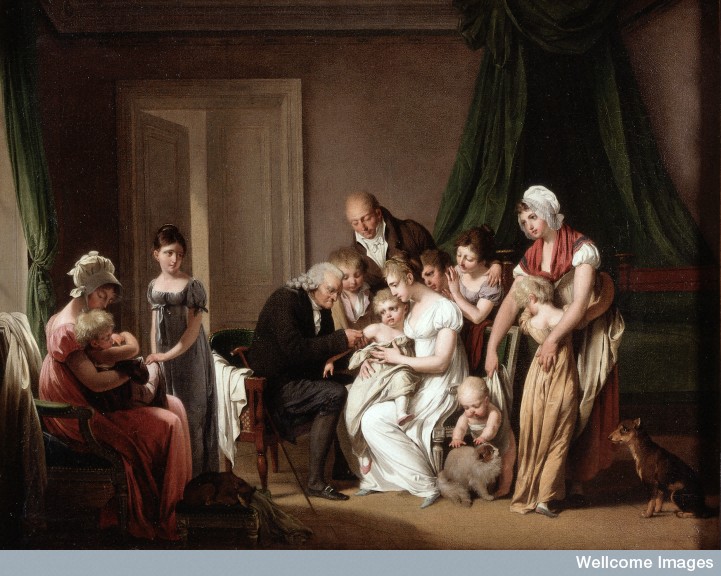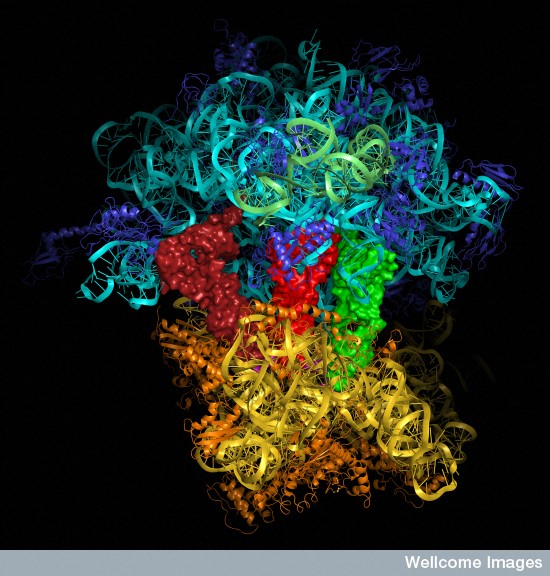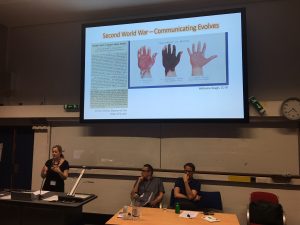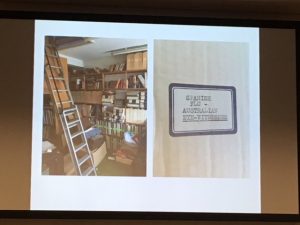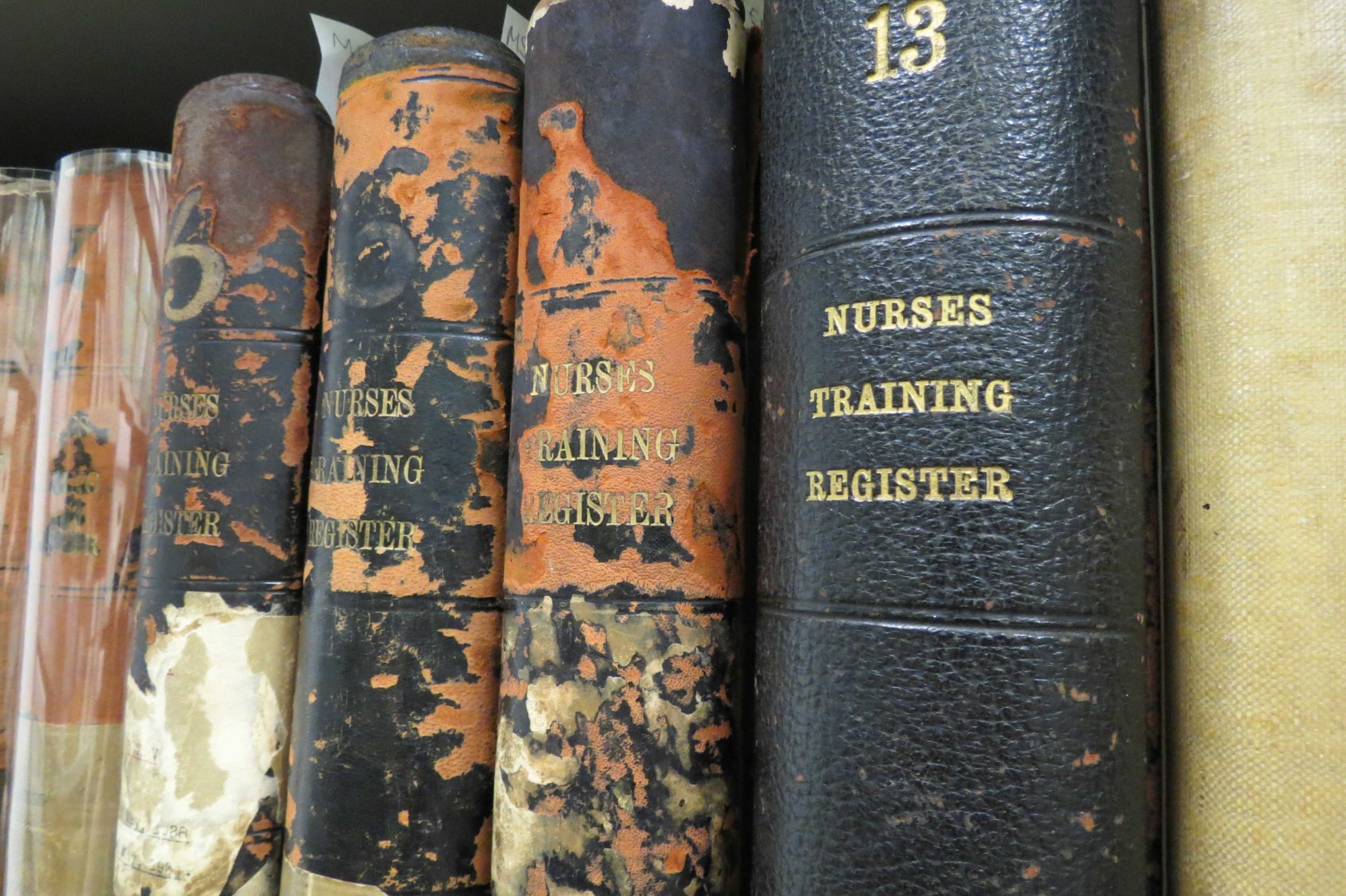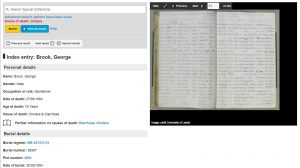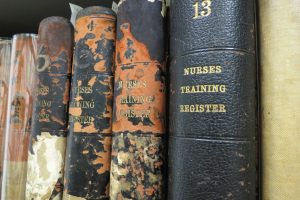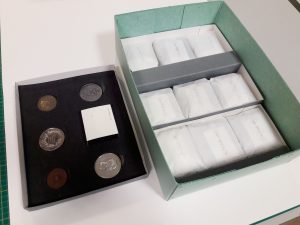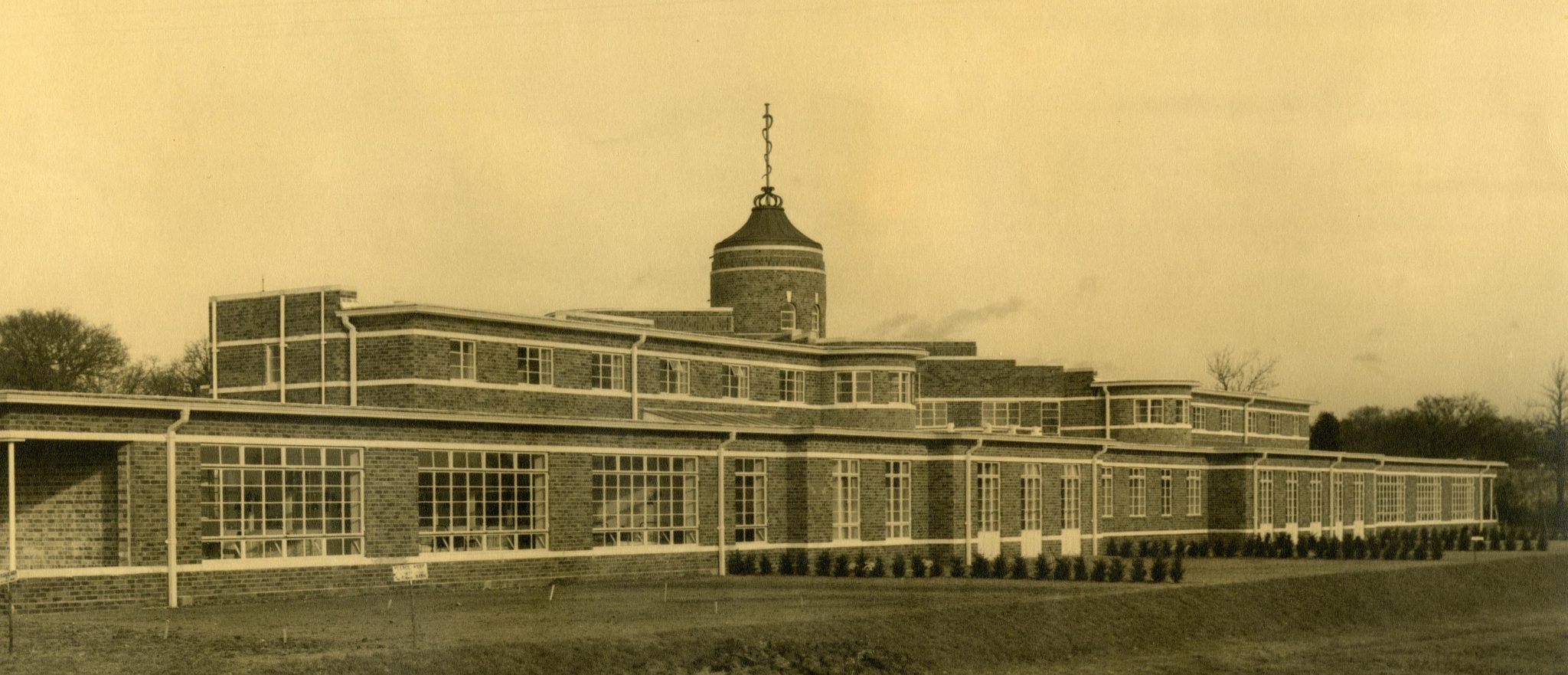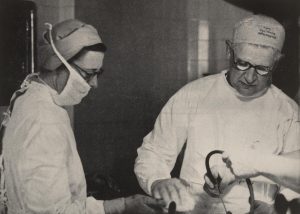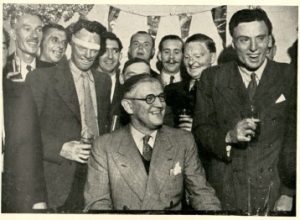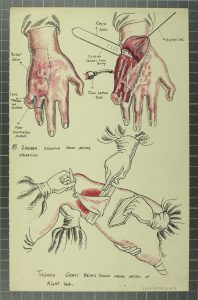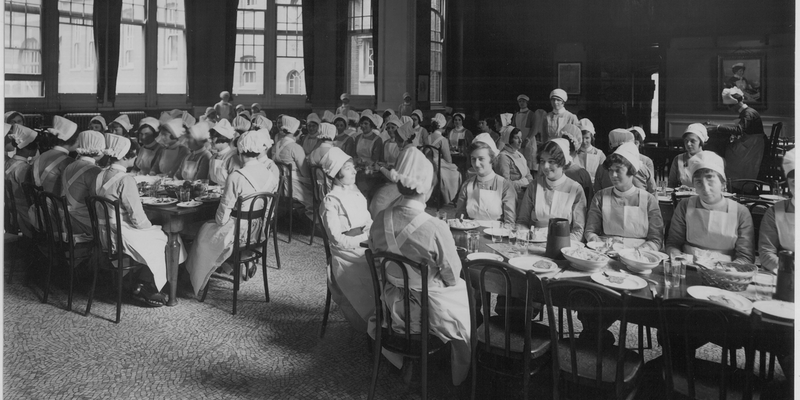The Gwent Archives Hospital and Health Records Cataloguing Project
Posted on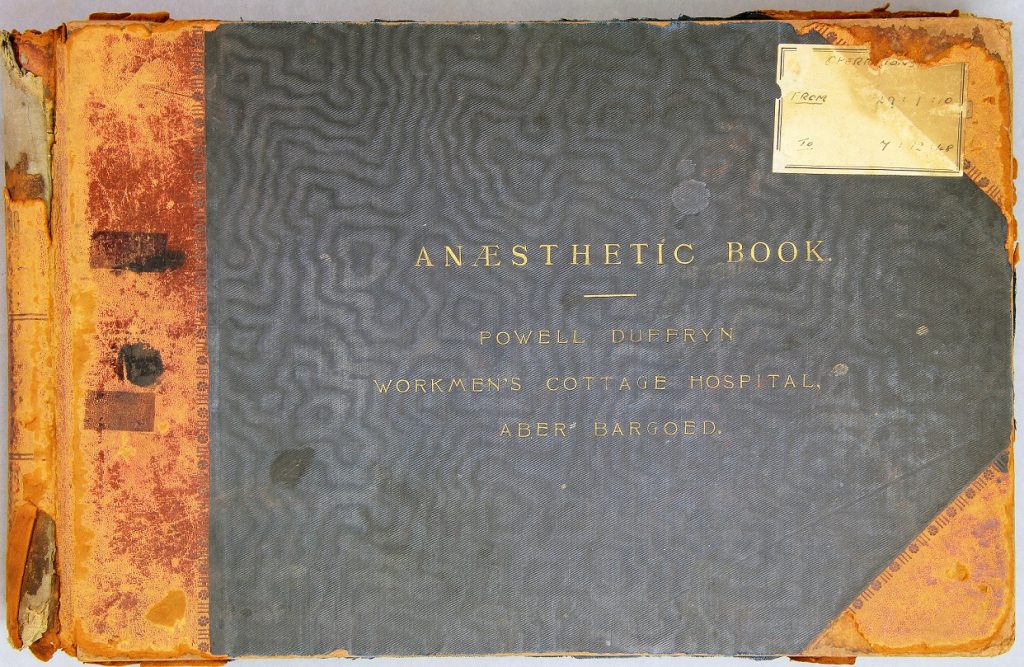
In November 2017, Gwent Archives was generously awarded a Wellcome Trust Research Resources Grant to catalogue our unlisted hospital and medical collections.
Our project ‘From “A Penny in the Pound” to “Free at the Point of Delivery”: Cataloguing the pre- and post-1948 hospital records of Monmouthshire’ started in May and will run for a year. It is led by a full-time project archivist who will catalogue the unlisted medical collections and retro-convert any existing card catalogues using our collection management software.
The project archivist will be joined in the latter half of the project by a part-time preservation assistant who will clean and package the newly listed records. Our aim is that catalogues for all of our hospital and health records collections will be complete, standardised and feature on the Gwent Archives website by the end of the project.
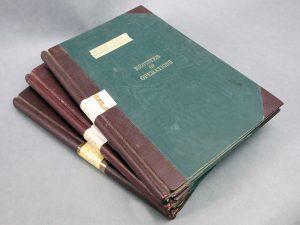
The collections to be newly catalogued represent a broad range of archival documents that relate to the provision of hospital and health services in (old) Monmouthshire during the 20th century. They include registers; plans; statistics; minutes and staff records from various hospitals in the county. Our work will make the following collections accessible to researchers of all disciplines:
- The Obstetric Morbidity & Mortality Reports of obstetrician Dr Leonard Alexander Ogilvie of St James Hospital, Tredegar and Nevill Hall Hospital, Abergavenny. Dr Ogilvie compiled these reports between the years of 1946-1979 and they contain a wealth of statistical information on incidents such as still-births, forceps deliveries and complicated labours.
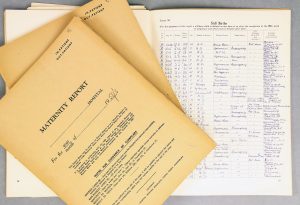
- Records of the Aneurin Bevan University Health Board. This large 20th century collection is representative of a number of hospitals in Monmouthshire including the Tredegar Park Cottage Hospital which had close connections with Aneurin Bevan and inspired his development of the NHS. It predominantly contains records which reflect the day to day running and activities of the hospitals, for example, ward reports; admission registers and operation books.
- Caerphilly District Miners’ Hospital. This is a mid-late 20th century collection of maternity records which includes case registers; daily report books and birth registers.
- A small but varied collection from Monmouth General Hospital containing some fascinating turn of the century archives including a photograph of the medical officers in 1903 and the architect’s design sketches for the new hospital building.
- The Midwives Records 1943-1968 collection comprising of the professional records of a number of district midwives working in Monmouthshire during this period. The archive includes maternity case registers; drugs books and patient records.
- A large collection of Hospital Plans representing a variety of Monmouthshire hospitals including the Royal Gwent Hospital and Pen y Fal asylum. The plans reveal the structural designs for the new main buildings and additional wards or departments that were built during the 20th century.
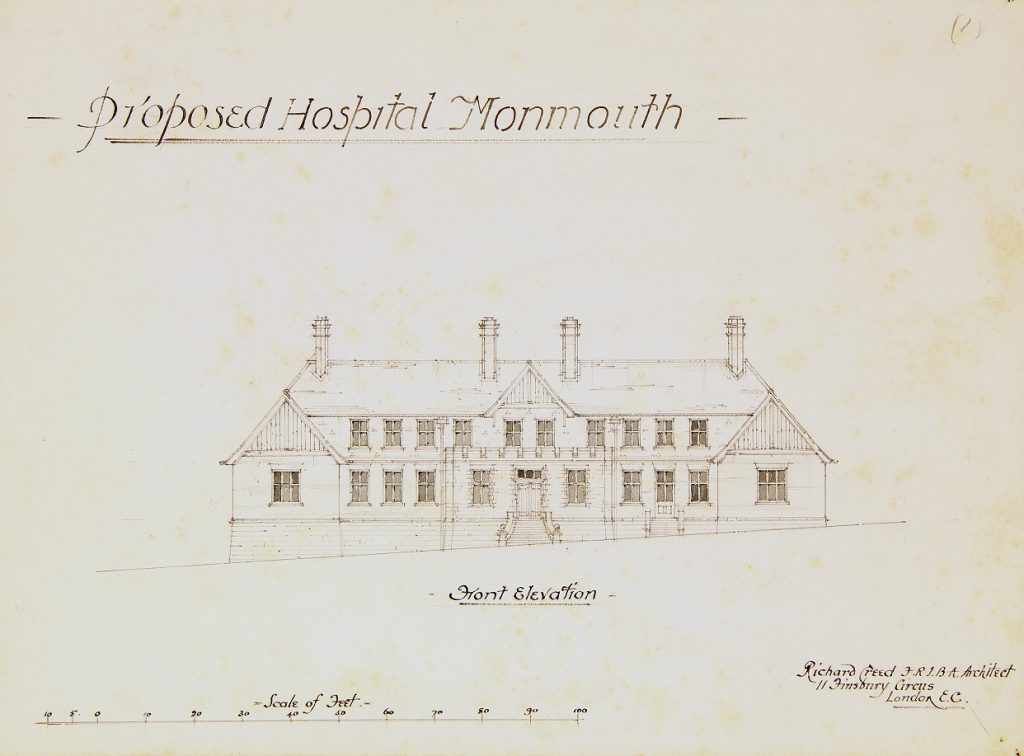
These records, alongside Gwent Archives wider hospitals and health collection are significant on both a local and national scale as they detail the administration and operational practices of hospitals in Monmouthshire during a period of great change in healthcare due to the Great War, increasing use of drugs in medical practice and the birth of the NHS. As closure periods pass, researchers will also benefit from the wealth of personal and professional information on people, places and institutions that these documents contain.
As we commemorate the 70th anniversary of the NHS, it is our hope that the improved access to these collections made possible by this project will inspire further academic and public interest in the history of hospitals and healthcare in Monmouthshire.
Please see our blog for more information and updates about the project:
https://apennyinthepound.wordpress.com
Clare Jeremy
Project Archivist
